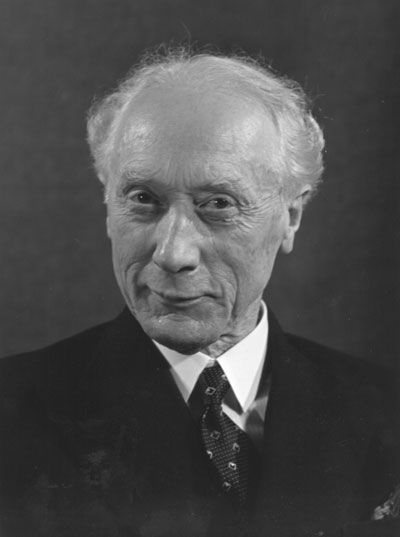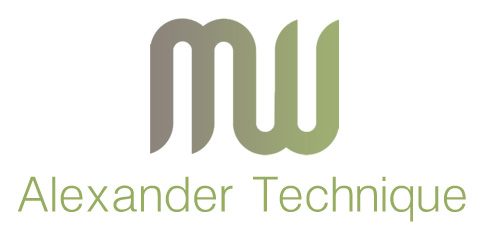“Between stimulus and response, man has the freedom to choose.” – Viktor Frankl (S. Covey)
The Alexander Technique is a method for re-establishing our natural poise and freedom of movement. It seeks to restore the integrity of our whole system. Learning the Technique increases awareness of our reactions to the world, giving us more opportunity for choice about what we do and how we do it. This process encourages a more efficient use of the muscles designed to hold us up in the gravitational field, making movement easier and lighter.
We teach a delicate balance of directing yourself in what you want to do, while allowing the systems designed to carry out those wishes to function optimally. In this way we can promote healthy functioning and it’s ongoing benefits.
Who is it for?
The Alexander Technique is for anybody who is interested in self improvement and can be applied to any activity or situation you can think of.
The way we use ourselves contributes to the state we find ourselves in. When we find integrity in our movements and space to choose what to do, we indirectly change our general way of being.
The Technique has helped countless actors and musicians to express their art more freely. It can help anyone sitting at a desk for long periods to manage their approach, preventing an accumulation of strain. It has aided people to handle conditions of stress, nerves in public speaking and to rehabilitate from injury. Golfers to improve their game..!
It does this by addressing the way we go about our day to day lives – the means whereby.
What is the “Means Whereby”?
“It Ain’t What You Do (It’s the Way That You Do It)” – Oliver/Young
In a results oriented society we tend to overlook how we go about doing things. The quality of the means whereby is neglected and although we may achieve our desired end results, what have we sacrificed to get there?
As we learn to bring awareness to what is happening whilst in the act of thinking and moving about, we develop the ability to notice patterns that we no longer need. The Technique then gives us the means to make fresh choices in the moment with a more efficient use of our bodies as an integral part of the process.

Why do we need this?
There was a time when we all had excellent use of ourselves. As young children we happily reacted with ease and coordination to whatever life presented. At some point things changed.
In the first years of school play became work, there was time pressure, we sat in chairs for long periods and most of us began to lose our natural poise.
Our culture is largely sedentary and yet over stimulated. Many of us sit for hours at desks staring at screens, or travel by car instead of walking relatively short distances.
On top of that, we are constantly accosted by advertisements and the fast pace of the modern world, forgetting we even have a body. Our startle pattern is triggered without the flight or fight to release the energy.
The Alexander Technique teaches us how to restore our poise and coordination, and deal healthily with our challenging world.

Who was Alexander?
F.M. Alexander (1869 – 1955) was a successful Australian actor whose career and passion was put at risk when he lost his voice. After seeking extensive medical advice, the only course of action given to him was to rest his voice and take a tonic. His voice returned but only as long as he refrained from public performance. Love for his craft would not let him leave it at that.
Alexander concluded that it must be something he was doing while reciting which caused his problems. Since no one could tell him what this was, he resolved to find out for himself. This was the beginning of his enquiries leading to the discovery of a Technique which, more than just restoring his voice, raised his general well being and relieved him of health issues he had suffered since birth.
In 1987 at the Bicentenary, 200 Australians were recognised for their outstanding achievements. F.M. Alexander was one of these.
“This story of perceptiveness, of intelligence and persistence shown by a man without medical training, is one of the true epics of medical research and practice.” – Nikolaas Tinbergen, Nobel Prize-winner for Medicine and Physiology, 1973
Well known advocates of his day: neurophysiologist and 1932 nobel prize winner for physiology/medicine Sir Charles Sherrington, educational reformist John Dewey, author Aldous Huxley and playwright George Bernard Shaw.
More recent exponents include: musicians Yehudi Menuhin, Paul McCartney and Sting; writer Roald Dahl; actors Dame Judi Dench and Hugh Jackman; comedian John Cleese.
Photograph of F.M. Alexander © 2014, The Society of Teachers of the Alexander Technique, London.

